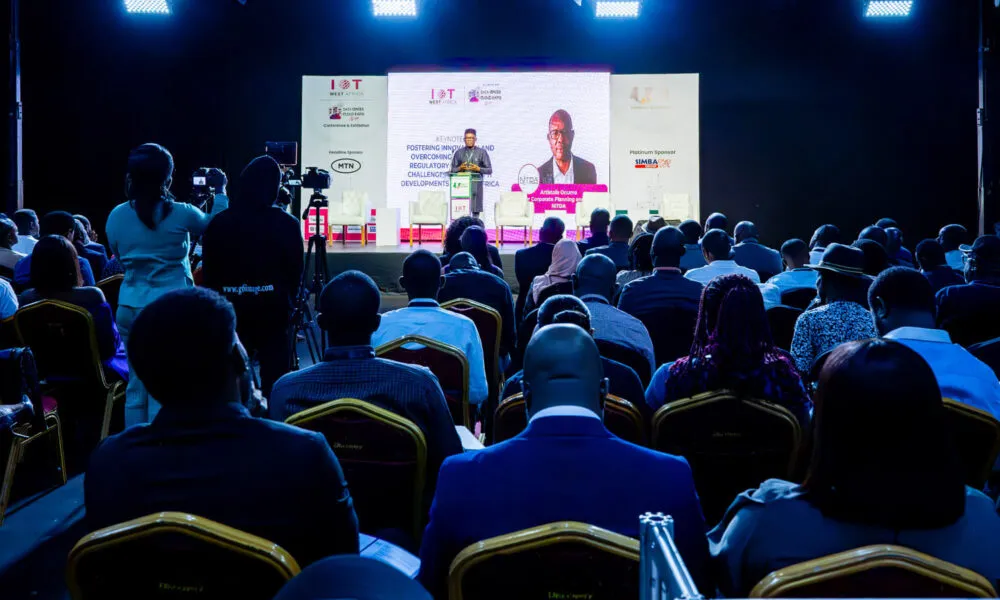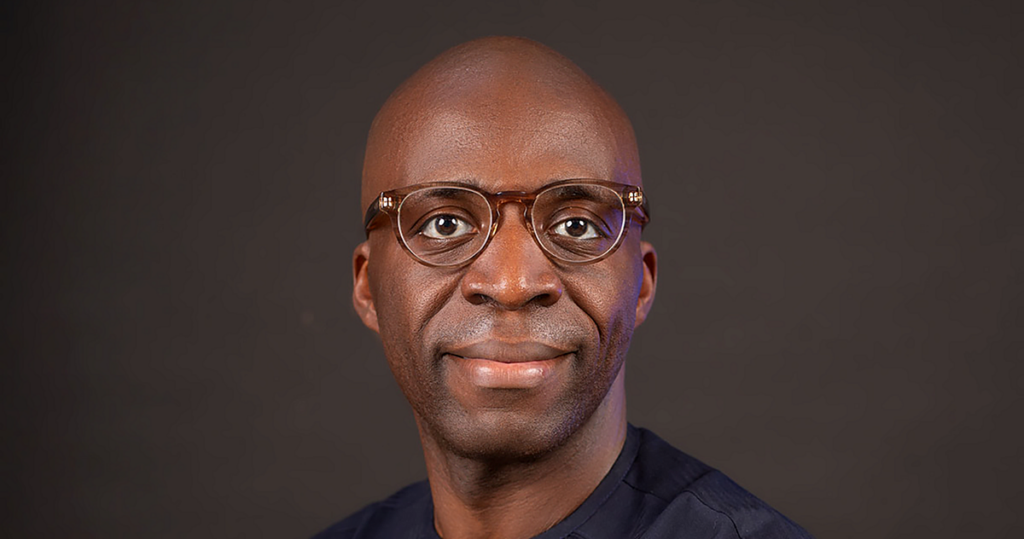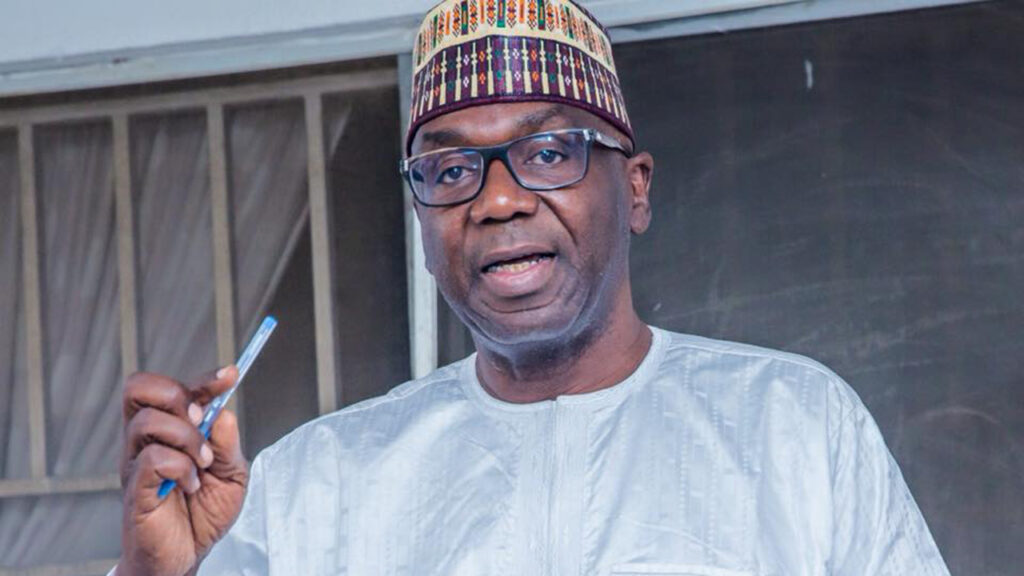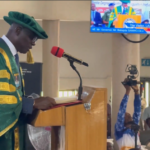
Despite the myriad challenges confronting the country, the immediate past Vice Chancellor of Lagos State University (LASU), Prof. Olanrewaju Fagbohun, has expressed optimism that a new Nigeria is possible with strong political will and national pride.
Fagbohun, who disclosed this at the 21st public lecture and luncheon of Obafemi Awolowo University Muslim Graduates’ Association (UNIFEMGA), Lagos State chapter, said that with a strong belief, Nigerians could attain the high standards that nationals of other countries attain, and with a strong drive by all to make the nation better as a country, a new Nigeria will emerge.
He lamented that Nigeria, which was once ahead of countries like Malaysia, Singapore, Hong Kong and Botswana, is progressively but steadily degenerating.
In his lecture, entitled: ‘Harnessing Opportunities for a new Nigeria’, Fagbohun said it was disheartening that many countries with less human and material endowment at one time or another, had also experienced similar or worse scenarios in their political and socio-economic encounters, but had been able to wriggle out of it.
He cited countries like Singapore, the United Arab Emirates (UAE), South Korea and China, which were once enmeshed in serious economic crises, but now ranked high in the global economy.
“Nations across the world are also seriously grappling with difficult issues, such as corruption, yet they are carrying out governance effectively with needed leadership to improve people’s lives. Fifty years ago, Singapore grappled with challenges, including unemployment and poor infrastructure, among others; today, the city is ranked as one of the most livable cities, with one of the highest levels of human capital development in the world,” he stated.
The Senior Advocate of Nigeria (SAN) noted that the problems confronting the country were more systemic and attitudinal, in terms of the kind of people in charge of its resources, especially concerning political governance.
To bring about the desired change in the country, the don highlighted six fundamental issues that must be addressed. He listed deficient federalism, weak judicial system, insecurity, ineffective educational system, poor electricity and lack of transparency and accountability.
The Professor of Environmental Law noted that the 1999 Constitution failed to achieve the expected balance in the distribution of power and functions among the three levels of government, to provide a barrier against centralist authoritarian control.
Besides, he noted a substantial mismatch in functions assigned, tax-raising powers and revenues, among the federating units.
He also advocated an impartial and transparent judicial system that can protect rights and freedoms under the law, check abuse of power and maintain the balance between the centre and states.
Fagbohun reminded Nigerians that insecurity poses a threat to political stability, economic growth, social development, poverty eradication and overall governance, stressing the need for the government to enhance security infrastructure.












